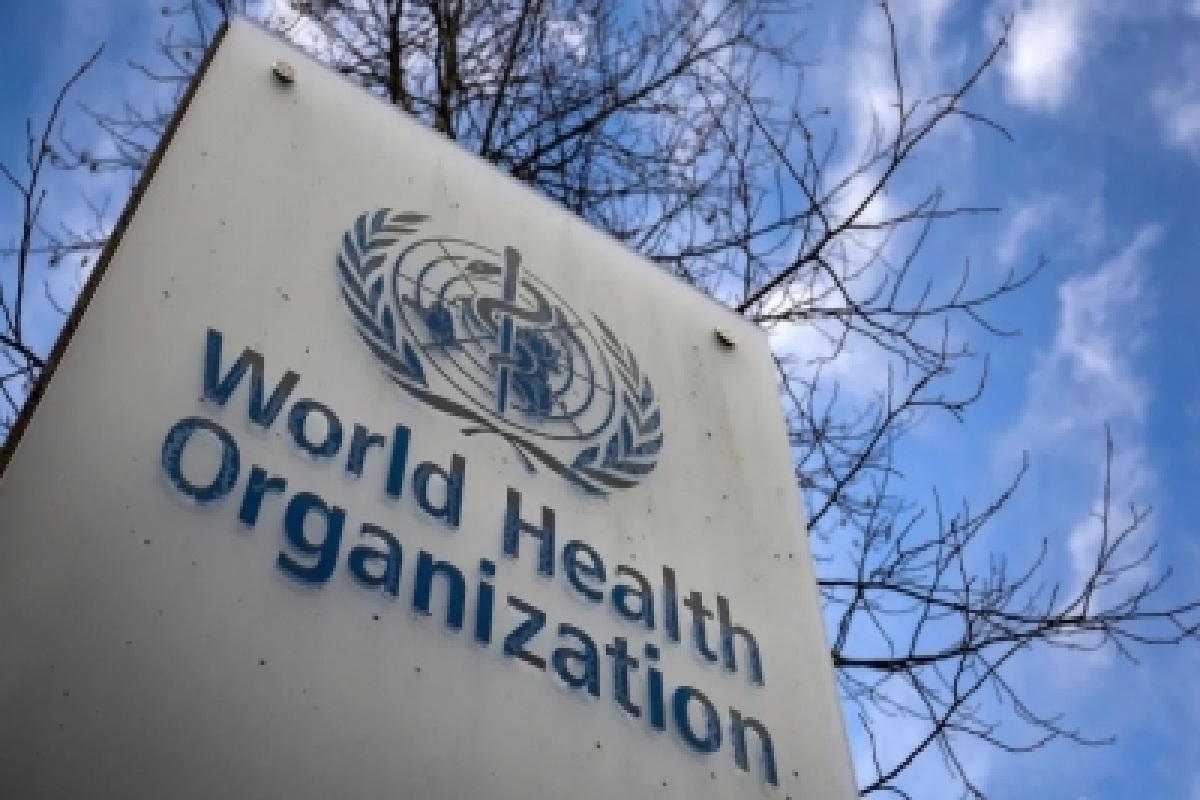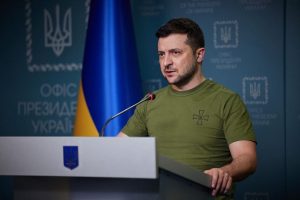The World Health Organization (WHO) has delayed the assessment process for granting emergency use authorisation to Russia’s Sputnik V vaccine against Covid, in the wake of its invasion of Ukraine.
According to a WHO official, the global health agency was forced to put off the assessment because booking flights to Russia is impossible as Western countries have closed their airspace to Russian aircraft after the country invaded Ukraine on February 24, The New York Times reported.
Advertisement
Further, the health agency’s inspectors will also be unable to use credit cards in Russia as Mastercard and Visa have suspended their operations.
“We were supposed to go do inspections in Russia on March 7, and these inspections were postponed for a later date,” said Dr. Mariangela Simao, an assistant director general of the WHO, at a news conference in Geneva.
“The assessment, along with inspections, have been affected because of the situation.”
Simao said a new timetable would be drawn up as soon as possible, the report said.
The two-dose Sputnik V was developed by the Gamaleya Research Institute, part of Russia’s Ministry of Health. Russia began distributing the vaccine in the fall of 2020, and regulators in more than 70 countries have approved it for use, according to the Russian Direct Investment Fund, which backed the vaccine’s development.
But the vaccine has not yet been approved by the European Medicines Agency or the WHO.
Russia has also repeatedly failed to follow international procedure and provide all the data that the regulators need to assess safety of the vaccine. An EU health official, last year, accused Russia’s government of repeatedly delaying inspections of Russian facilities. However, Russian officials insist that the delays in the approval process have been political, the report said.











